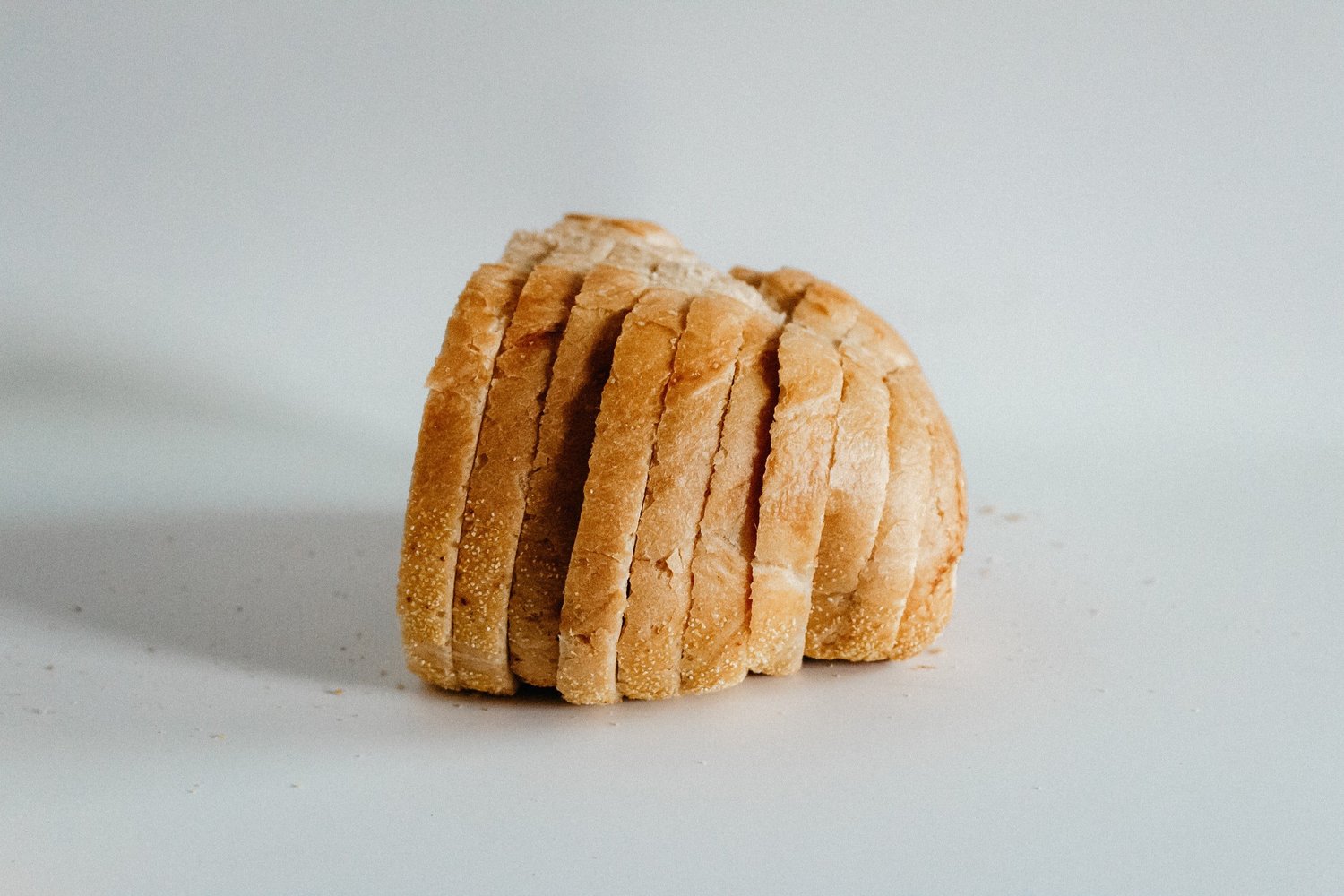Leading an active lifestyle requires the right fuel. Carbohydrates are a simple source of energy that can help get you through a workout. And while we can all agree that carbs are delicious, you may be wondering whether there’s a best time to enjoy them in terms of optimizing your exercise routine.
What Are Carbs?
Along with fat and protein, carbs are one of three macronutrients in our diet. They’re also your body and brain’s primary and preferred source of energy.
While carbs get a bad rap in certain health conversations, the truth is that carbs as a food group aren’t bad for you. In fact, they’re an important nutrient for your overall health. However, certain types of carbs offer more benefits than others.
Carbs are found in a wide array of foods. For example, you can find carbs in grains, legumes, fruits, vegetables, baked goods, and snack foods like crackers and granola bars.
When to Eat Carbs for Your Workout
Carbs are the optimal fuel for your workouts and are stored in your body in a hierarchy. The first source of energy is muscle glycogen, the stored form of carbs in your muscles, followed by liver glycogen, and lastly, your blood sugar (glucose). When your body needs fuel, it takes glycogen or glucose from these stores and turns it into ATP in your cells for energy.
Carbs are important for energy and recovery, both before and after a workout. Here are a few tips for using carbs to your full workout advantage.
For slow-acting energy in preparation for exercise, choose carbs from whole grains, legumes, and other minimally processed foods that are high in fiber. For fast-acting energy closer to or during a workout, opt for carbs from more processed foods that are broken down more quickly, like fruit, crackers, and snack foods. You can even pair fast-acting carbs with protein during resistance training to help increase muscle glycogen stores and reduce damage.
Two to three hours before your workout, eat a meal or snack that’s higher in slow-acting carbs. It should be paired with some fat and protein for a well-rounded, satiating, and energy-promoting combo. An example would be whole-grain toast with peanut butter.
When you get closer to your workout, like 30 minutes prior to hitting the gym, it can be helpful to eat a fast-acting source of carbs. An example would be an apple or banana with a few crackers or a handful of pretzels. This boost of energy can help you get through your workout without hitting a slump. Some people choose to also add in a little caffeine here.
Following your workout, help your body recover by eating a high-protein, lower-carb combination. The carbs help replenish your energy while the protein helps support muscle repair. Perhaps a hard-boiled egg and a banana, Greek yogurt with berries and granola, or a glass of chocolate milk.
What About Carb Loading?
You’ve probably heard the term “carb-loading” for workouts. This is often misconstrued as meaning you should pile on the carbs up until the time you start your workout — like a giant plate of spaghetti and a tower of pancakes.
But what it really means is that you should start emphasizing high-quality carbs for up to 2-3 days prior to a substantial workout or exercise event. These can be spread out in moderate but consistent amounts, in meals and snacks, to help build up your body’s glycogen stores.
Best Carbs for Exercise
Carbs are important for everyone and shouldn’t be avoided. Both fast- and slow-acting types can have a place in an active lifestyle and be used for different purposes. Carbs are also important for preventing fatigue during a workout.
Otherwise, carbs are good to include in your diet all the time, with an emphasis on high-quality ones.
Some examples of high quality carbs to support exercise include:
-
Whole grains, like quinoa, barley, brown rice, oats, whole-wheat toast, and legume pasta
-
Whole fruits, like bananas, apples, grapes, oranges, pears, and berries
-
Higher-carb veggies like carrots, potatoes, sweet potatoes, corn, and squash
-
Beans, peas, and lentils
-
Cottage cheese and yogurt
Should You Eat Carbs Before or After a Workout?
Carbs are an essential fuel source — even more so when you lead an active lifestyle. Emphasizing high-quality carbs in your meals and snacks, particularly leading up to a challenging workout, helps prevent muscle fatigue and boost stamina. Both fast- and slow-acting carbs have a role in supporting workouts, whether it’s hours or minutes in advance. Foods like grains, fruits, legumes, and cottage cheese are great examples of carbs to support your workouts.
Source link








